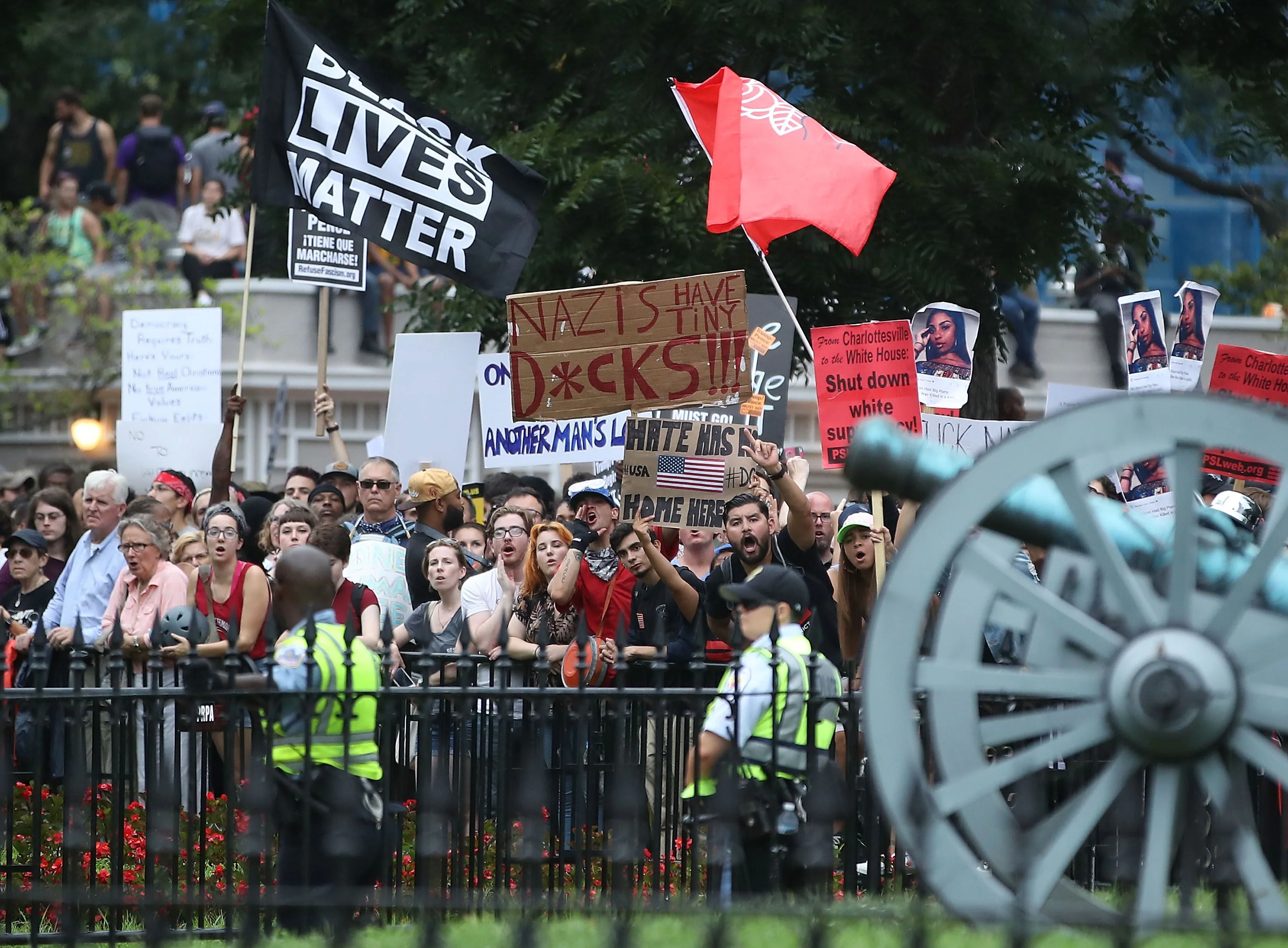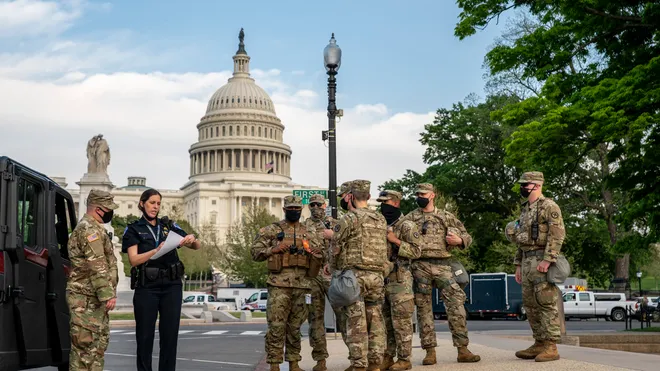A shocking case has emerged from California where Noah Lamb, just 24 years old, stands accused of orchestrating a chilling hit list targeting prominent U.S. officials. This incident taps into the rising tide of white supremacy that has plagued our society and raises urgent questions about the effectiveness of our current counterterrorism strategies.
White Supremacy Fuels Domestic Terrorism
Noah Lamb"s arrest highlights a dark reality: white supremacist groups are not just fringe movements but a significant threat to our democracy. As reported by the Justice Department, Lamb allegedly collaborated with the Terrorgram Collective, a transnational group actively promoting violence under the guise of a race war. This organization has been linked to numerous domestic terror incidents, escalating the urgency of addressing white supremacy within our national security framework.
Government Response Falls Short
Despite the alarming rise in domestic extremism, the federal response remains inadequate. According to findings from Senator Peters" investigative report, the Department of Homeland Security and the FBI have failed to effectively combat this growing menace. The focus has often shifted towards surveillance of marginalized communities, leaving the real threats largely unchecked.

White-supremacist rally near White House dwarfed by thousands ...
Radicalization and Recruitment Tactics
The recruitment methods employed by groups like the Terrorgram Collective are alarming. They prey on vulnerable individuals, often targeting impressionable youth with promises of glory and belonging. As discussed in a recent analysis, these groups exploit societal discontent and economic despair to radicalize young people, pushing them towards violence to achieve their goals.
Impact on Communities and Public Safety
The implications of Lamb"s actions extend far beyond the immediate threat posed to the individuals on the hit list. This incident serves as a grim reminder of the environment of fear that white supremacy fosters in our communities. The chilling nature of these threats not only targets government officials but also instills a pervasive anxiety among community leaders and activists who fight for social justice.

U.S. Capitol fencing installed after Jan. 6 riot has been removed
Call for Comprehensive Policy Changes
As the Biden Administration grapples with these challenges, it must pivot towards comprehensive policy solutions that address the root causes of white supremacy. Current measures, centered around surveillance and informant-driven strategies, often fail to protect marginalized communities from the very real threats posed by radicalized individuals. A shift in focus towards community engagement and economic empowerment could dismantle the recruitment pipelines exploited by hate groups, as suggested by various studies on domestic extremism.

![[Video] Anti-ICE Protester Pepper Sprayed as CBP Agents Disperse Crowd in Minneapolis](/_next/image?url=%2Fapi%2Fimage%2Fthumbnails%2Fthumbnail-1768260677127-y71sb7-thumbnail.jpg&w=3840&q=75)

![[Video] Several injured as U-Haul truck drives through Iranian protestors in Los Angeles](/_next/image?url=%2Fapi%2Fimage%2Fthumbnails%2Fthumbnail-1768176682028-q95y6j-thumbnail.jpg&w=3840&q=75)
![[Video] Scuffle breaks out between Trump supporters and Anti-ICE protesters in Times Square](/_next/image?url=%2Fapi%2Fimage%2Fthumbnails%2Fthumbnail-1768165958203-hgcgb-thumbnail.jpg&w=3840&q=75)


![[Video] Gunfire between Iraqi security forces and Sadr militias in Baghdad](/_next/image?url=%2Fapi%2Fimage%2Fthumbnails%2Fthumbnail-1768343508874-4redb-thumbnail.jpg&w=3840&q=75)
